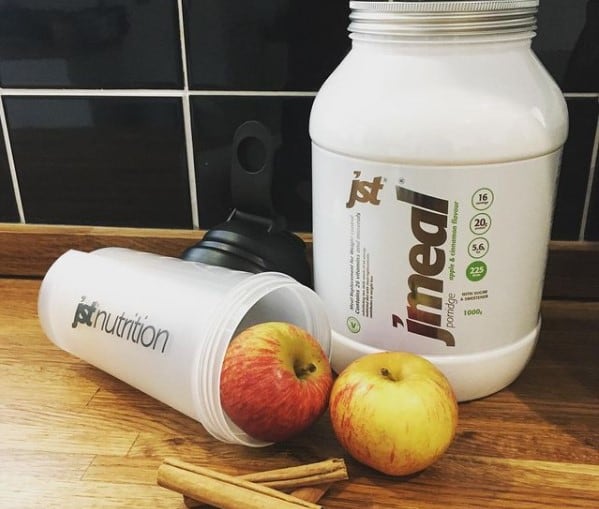Complaints, including one from the British Specialist Nutrition Association (BSNA), also objected to the series of reviews that confused infant formula with follow-on formula as well as making health claims for Kendamil products.
In response Kendamil said quotes contained in the ad had been automatically pulled from consumer reviews left on Facebook and other third-party websites and integrated into their website. As a result, they did not have any editorial control over the contents of those reviews.
They added they did not believe the claim “benefit my daughter the way breastmilk had” discouraged breastfeeding stating that the claim was ‘intended to mean that the formulas they produced were the closest to breastfeeding.’
The Kendal-based firm added that they had provided evidence substantiating the claims “benefit my daughter the way breastmilk had,” “great for her development,” and “colic and constipation … stopped straightaway…”.
They did not think the claims made confused infant formula with follow-on formula.
ASA evaluation
In its assessment, ASA acknowledged Kendamil’s comments about a lack of editorial control but pointed out that third-party reviews were user-generated content that had been adopted and incorporated into Kendamil’s own website.
“We considered that the website was under Kendamil’s control and was directly connected with the supply of goods through their online shop,” the Authority added. “The website and its contents were therefore an ad for the purposes of the Code.”
Regarding the confusion between infant and follow-on formula ASA thought that consumers would understand the statement “… my son is 9 months old & been on it since birth” to mean the ad was promoting Kendamil’s infant formula.
“We further considered that the babies featured were not clearly identifiable as being over the age of six months and that contributed to the impression that it was an ad for infant formula. We therefore considered that the ad had the effect of marketing infant formula.”
ASA also added the lack of clarity in the reviews caused ambiguity as to whether the ad was referring to infant or follow-on formulas.
“Because the ad had the effect of marketing infant formula, which was prohibited under the Code, and because it confused between infant and follow-on formulas, which was also prohibited under the Code, we concluded that it had breached the Code,” ASA said
‘Prevent, treat or cure human disease’
The Code had also been breached with the claims “benefit my daughter the way breastmilk had” and “great for her development,” according to ASA, who considered that consumers would understand those claims, when taken alongside the images of a child who appeared to be under six months old, as referring to infant formula.
Also prohibited were claims which stated or implied a food could prevent, treat or cure human disease were prohibited for foods; that requirement also applied to infant and follow-on formulas.
“We considered that consumers would understand from the claim “colic and constipation … stopped straightaway” that using Kendamil’s products could prevent and treat colic and constipation in babies.
“We therefore considered the ad made disease treatment claims for a food and concluded that it breached the Code.”
The ad must not appear again in the form complained about. We told Kendamil to ensure that their future marketing communications did not refer, either implicitly or explicitly, to infant formula and did not confuse between infant and follow-on formulas.
“[Marketing communications must not] make claims or statements that discouraged breastfeeding; make health or nutrition claims for infant formula; and state or imply that a food could prevent, treat, or cure human disease.”




